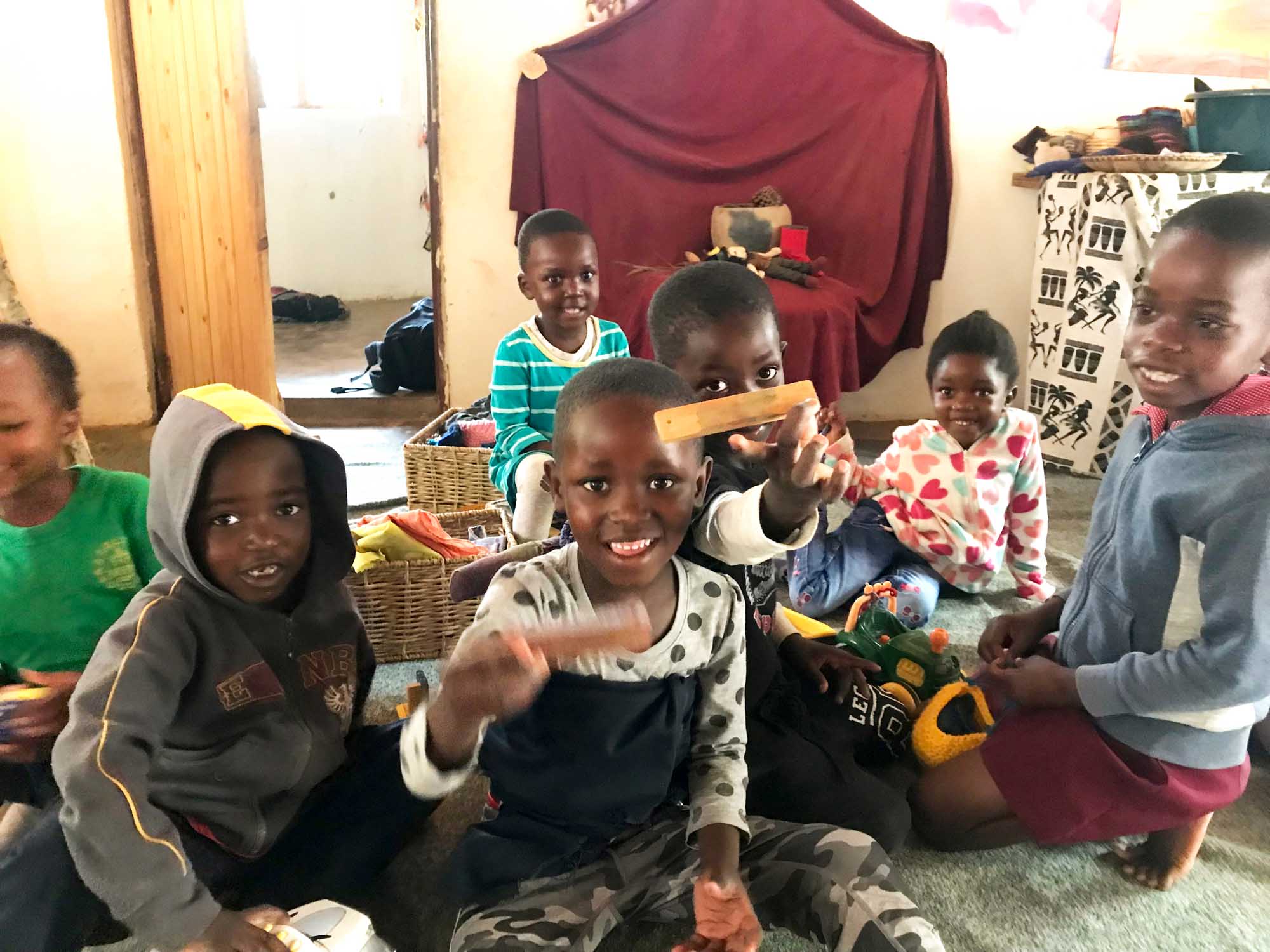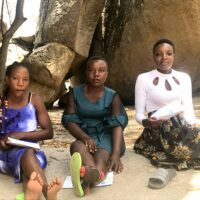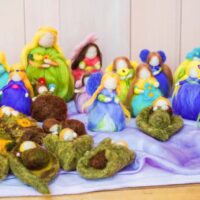When speaking of Africa, it’s not uncommon to speak of ‹Mother Africa› or the ‹motherland›, which corresponds to the Egyptian word ‹Afru-ika› (motherland). Africa: the cradle of humankind, and motherland, which also means: an abundance and an understanding of life itself as rich.
People have lived in this part of the world for more than five million years, and I find the contrast between motherland and fatherland interesting. It makes me aware of the forces that work differently in cultures, and from which different images arise. The notion of a motherland affects me differently than that of a fatherland. People still die for a fatherland – for a motherland though, one could perhaps learn to live again. The European view of African countries often looks down on them, whether as a seemingly backward or extremely impoverished Africa that needs to be taught or helped, or the longingly sought idyll where time stands still. Both these views are male-dominated – one wants either to be able to improve something, to manage it, to use it or enjoy it, or to recover there from one’s own rat race without giving anything back. This is in line with our patriotic tradition of seeing our detachment in every way as progress and objectivity and at the same time seeing it as the only possible future for ‹others›. When I hear about places like Kufunda in Zimbabwe, other possibilities light up for me. Something that was once considered feminine in culture becomes possible anew: living, being there, quiet, nurturing the other, and a circle in which a community works with the individual. And I wish that something of this awakened humility would inspire and invite us all to become like children in a larger motherland that can only be imagined.
Translation Eliza Rozeboom
Image Children from the Kufunda learning village in Zimbabwe. Photo: Gilda Bartel, 2022.






Yes!!!!